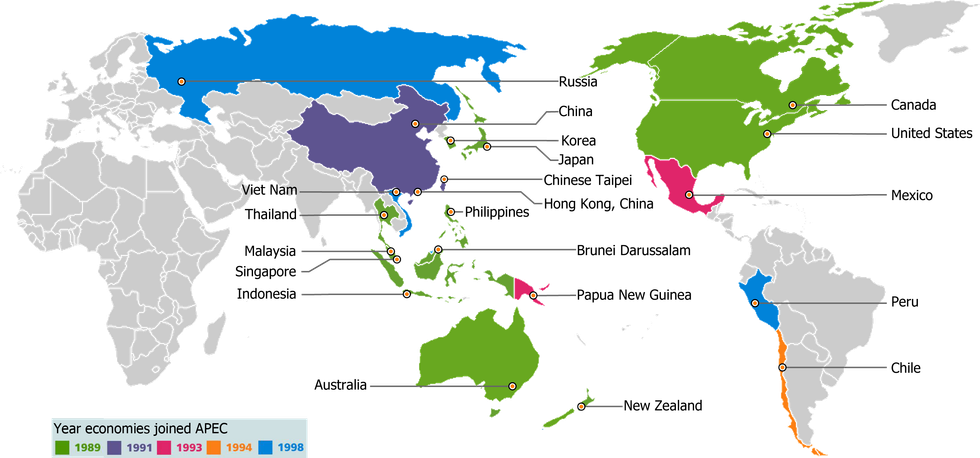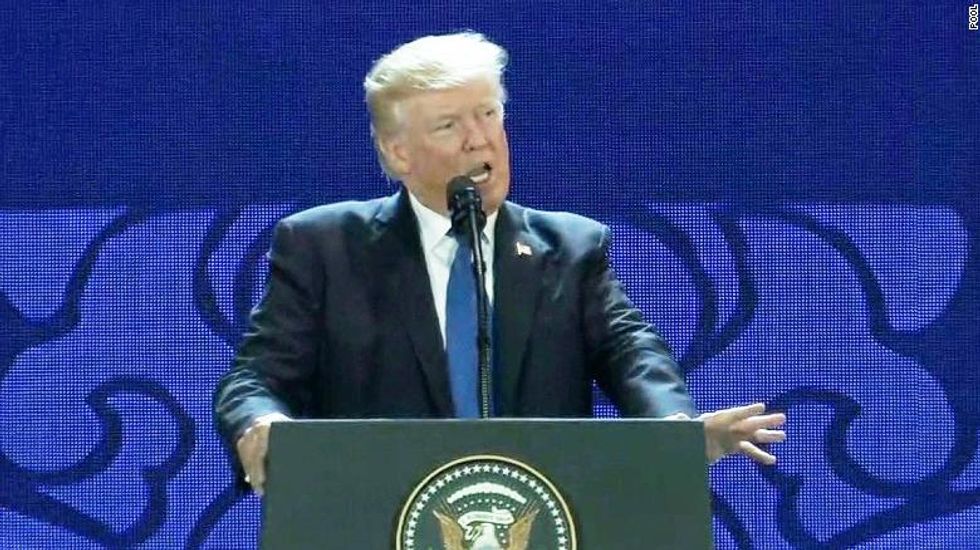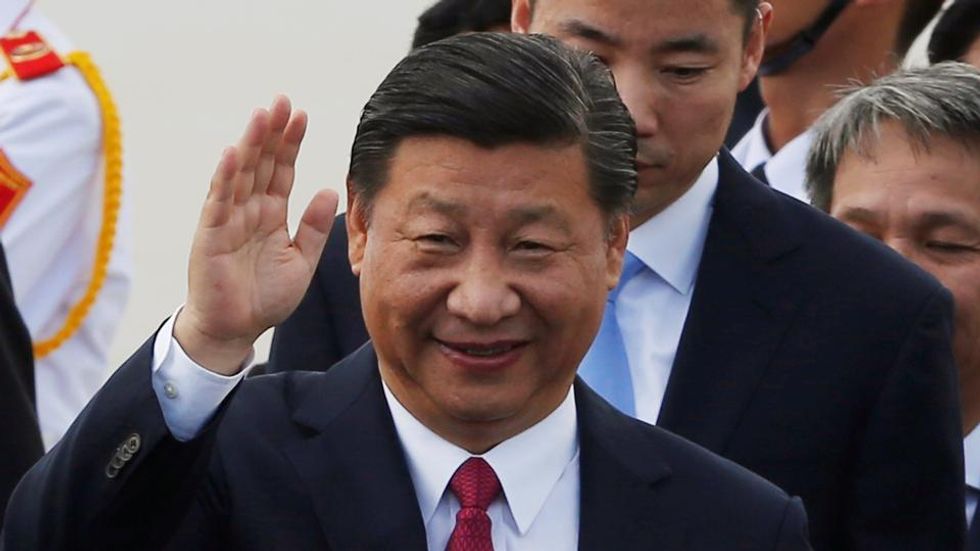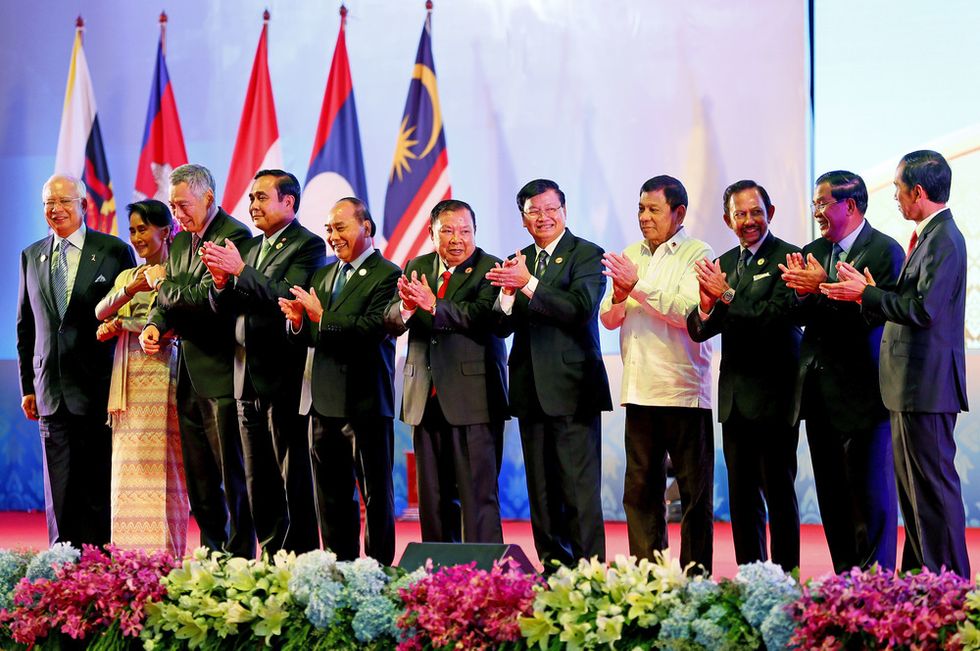The Asia-Pacific Economic Cooperation (APEC) is a forum for 21 member countries that promote trade liberalization throughout the Asia-Pacific region. The group makes up about 60% of the world's GDP.
The leaders of these 21 countries just met this weekend in Da Nang, Vietnam, for their annual summit. One of the most diplomatically important events in the region every year. As they ended their meeting chaired by President Tran Dai Quang, the 21 leaders issued the Da Nang Declaration, which reaffirmed the leaders' long-term commitment to APEC's goal of supporting sustainable economic growth in conjunction with prosperity in Asia-Pacific.
The members have promised to work together and take the following actions:
- Promote innovation
- Promote inclusivity and sustainable employment
- Enhance food security and sustainable agricultural practices
- Foster a shared future
As the Asian economies continue to buzz, the member states have agreed upon several key factors to encourage quality, competitiveness, and productivity: to reinforce high-quality education and provide skills to regional labourers to aid them in navigating the new labour market.
The highlight of the summit was President Donald Trump's presence on the first day of the summit. However, the president spoke defiantly, delivering an 'America first' speech at a summit encouraging globalization.
"We are not going to let the United States be taken advantage of anymore," Trump said. Trump continued with his traditional rhetoric of blaming past administrations for the trade imbalances his country is facing. Adding that free trade has cost millions and will continue to cost more American jobs.
This comes in contrast to President Xi Jinping's speech just moments after Trump's. With the current trends, China is poised to be the world's new champion of world trade and free trade. He referred to globalization as an "irreversible historical trend", and believes that free trade needs to be more balanced and equitable, so as to not leave people out. The president went on to defend and even praise multilateral trade deals, explaining that it helped poorer nations.
Something not on the agenda: Southeast Asia's growing humanitarian crises. In recent years, ASEAN has gained much prosperity, but behind the golden gates lies a much darker reality. We learned that more than 600,000 Rohingyas have fled a brutal campaign against them by the Burmese state, thousands are stuck at the Bangladesh border in camps seeking security from their own country. Besides that, President Rodrigo Duterte's "war on drugs" in the Phillippines has had a chilling consequence. After green-lighting extra-judicial killings of "suspected" drug dealers and takers, more than 14,000 Filipinos have been killed.
Malaysia is still embroiled in a court case with the American supreme court. Prime Minister Najib Razak is at the centre of the world's largest corruption scandal, involving the country's sovereign wealth fund 1MDB and the Wolf of Wallstreet, which was apparently produced using the fund, with little to nothing returning to the people. Also attending the summit, Thai Prime Minister Prayuth Chan-ocha, the leader of the 2014 coup against Yingluck Shinawatra. PM Prayuth faces many charges of the restriction of civil liberties and illegal arrests of opponents to his regime.























